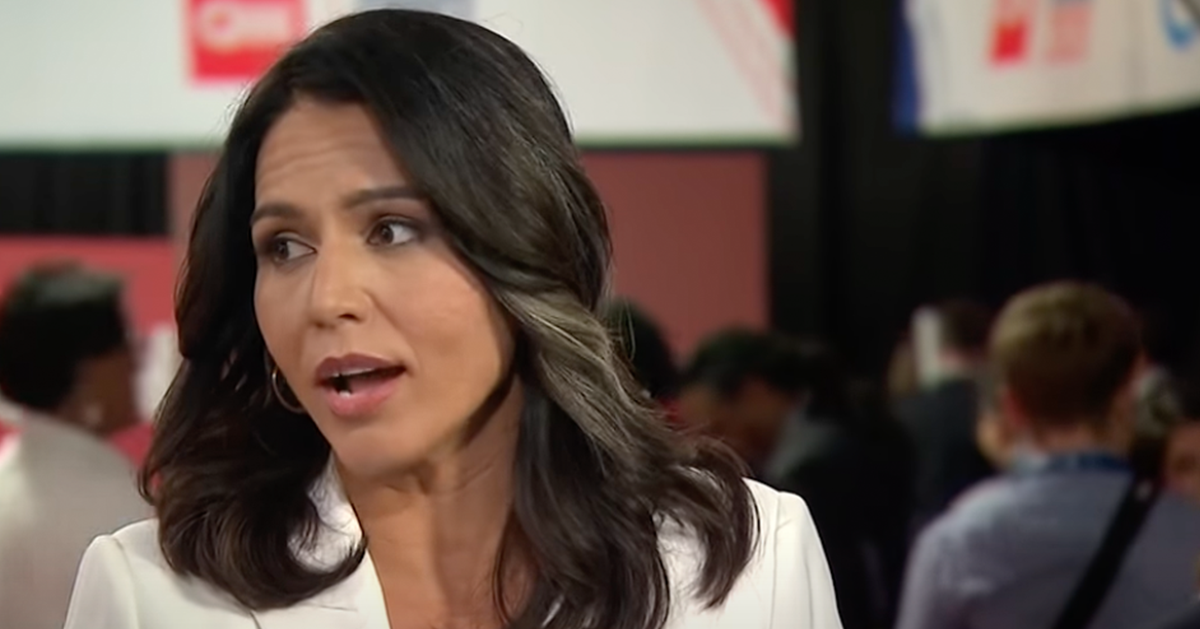Trump revokes Biden's access to classified briefings
In an almost unprecedented move, President Donald Trump has halted former President Joe Biden's access to classified intelligence updates, divulging his intentions on Truth Social.
The decision echoes Biden's own revocation of Trump's access to classified briefings in early 2021, which was predicated on concerns regarding the Republican former president's conduct, as the Washington Examiner reports.
Trump's announcement claimed that there was no longer a rationale for Biden to receive classified material after leaving office.
Historically, however, ex-presidents have been permitted to receive intelligence briefings to offer counsel to the current president.
Historical Context of Post-Presidency Briefings
It is typical for former presidents to have access to classified data, providing insights that might benefit their successors. This practice has been in place to maintain a continuum of knowledge and perspective for national leaders.
When Biden repealed Trump's access, it was allegedly not directly related to the events of Jan. 6, 2021. Rather, Biden cited Trump’s supposedly "erratic behavior" as the foundational reason for his decision.
In the statement released by Trump, he reiterated his belief in the necessity to protect national interests and presented Biden's access revocation as a national security imperative. He also alluded to then-special counsel Robert Hur's report on a probe of Biden, suggesting it noted memory issues plaguing the former president.
Trump's Justification and Rhetoric Explained
Trump's assertion that credentials were being revoked was coupled with political rhetoric aimed at energizing his support base. His statement proclaimed an intent to safeguard national security, accompanied by a direct and polarizing message: "JOE, YOU’RE FIRED. MAKE AMERICA GREAT AGAIN!"
The opposition from Biden's team was immediate and pointed. A former spokesperson from Biden’s administration dismissed the move as politically motivated. The spokesperson contrasted what he said was Trump's current political agenda with his earlier campaign assurances, such as lowering consumer costs.
This former spokesperson critiqued Trump’s focus, suggesting it was misaligned with solving practical domestic issues, like economic pricing, and instead, aligned with the interests of high-profile business figures like Elon Musk.
Responses and Reactions from Both Sides Emerge
Biden himself, during past discussions about Trump's access to sensitive intelligence, remarked on the lack of benefit in providing Trump's briefings. "I just think that there is no need for him to have the intelligence briefings," Biden had previously commented, reflecting his prudential assessment.
In the broader context of political machinations, Trump's move is seen by some analysts as a continuation of the deep polarization between the two former presidents. Both leaders have acted within their presidential prerogatives but have sparked debates over the implications of such revocations for national security policy.
The narrative of mutual distrust between the two political figures plays into a larger, ongoing discourse regarding the integrity and security norms expected of a former head of state's privileges. Here, intelligence access serves at the intersection of tradition and security needs.
Understanding Impacts of Reciprocal Revocations
Critics of Trump's decision argue that the action is largely symbolic, reflecting the turbulent dynamics rather than substantive security concerns. Yet, it underscores the enduring personal and political rivalry that shapes their public decisions.
The backdrop of intelligence revocations reveals a deeply divided political atmosphere in America today. The emphasis on security and behavior highlights evolving considerations about how former presidents are perceived in terms of trust and responsibilities.
The volatility within executive decision-making regarding these privileges invites discussions on the safeguards needed to maintain effective national security while respecting the institutional roles of ex-presidents.
Broader Implications for Effective Governance
The dialogue between executive decisions and national security creates a framework where partisan motives are frequently scrutinized. The policy approach to former presidents' intelligence briefings may set a precedent in future governance.
This reciprocal action initiated by Trump might reflect an emerging expectation that political contexts and personal dispositions will increasingly influence post-presidency norms. Observers see this as an evolving narrative about maintaining impartiality even when political tensions rise.






